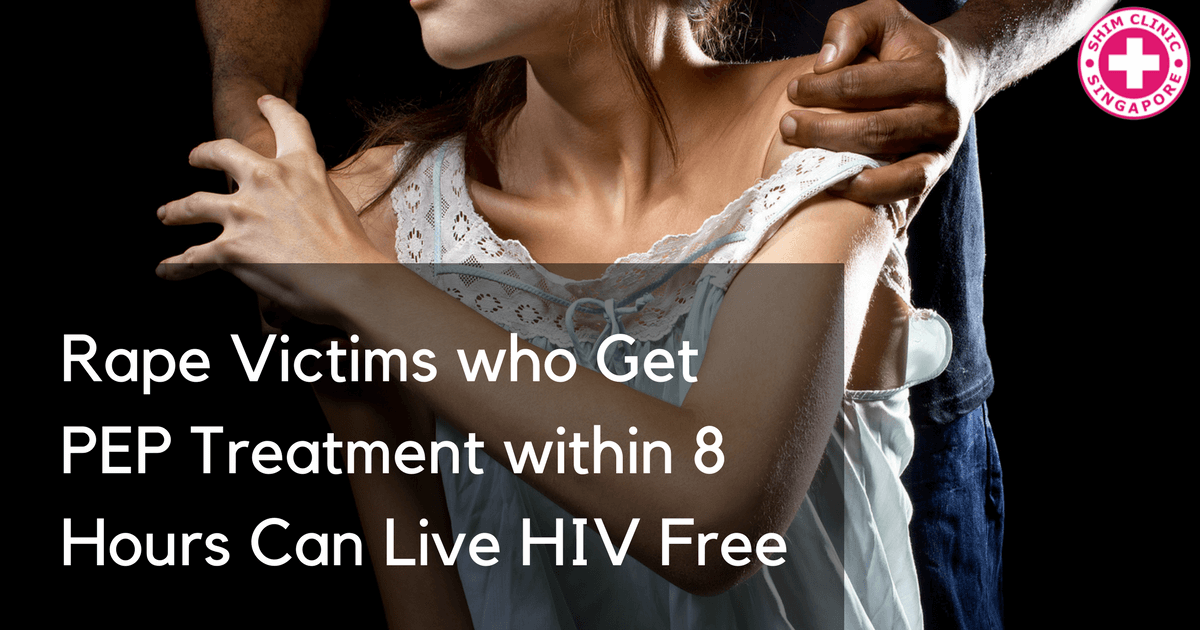It is quite unfortunate for rape victims to go through such a traumatising ordeal and in addition end up contracting HIV which can be prevented. This is after the introduction of the use of HIV post-exposure prophylaxis (PEP) by the World Health Organization (WHO) which released guidelines on “Use of anti-retroviral drugs for treating and preventing HIV infection: Recommendations for a public health approach” in 2013. Some countries are aware of the treatment and have already used it but it is not the case in India.
Sexual Assault in India
The AIDS Society of India (ASI) President acknowledges that post-exposure prophylaxis (PEP) is not authorised or provided in India despite its powerful ability to prevent HIV contraction by up to 100%.
It is due to such lack of awareness that HIV clinicians from different medical facilities engaged in a three-day movement for creating public awareness for the use of PEP in the prevention of HIV cases among victims of rape in Mumbai. Part of the movement was to transform the evidence on the use of PEP into policy and take action to prevent new HIV infection cases among the said group of people.
The president further continued to say that it was important for all agencies to make an effort towards ending sexual assault cases. He further added that it would be easier to reduce the fear people have towards HIV if people were made aware of its treatment and prevention methods.
In the year 2014, almost 40,000 people were victims of sexual assault in India according to the National Crime Records Bureau (NCRB). It is because of these startling numbers of sexual assault cases that keep growing day by day that HIV medical practitioners and researchers in India are advocating for the public awareness of the use of PEP in preventing HIV infections.
How does the Treatment Work?
PEP should be given to the sexual assault victim within 8 hours of the rape incident. In addition, the treatment can also be given a daily dose to those who might have an accidental exposure to HIV such as when a condom breaks during sex between two partners, one who might be HIV positive. The treatment is an inexpensive and effective way of preventing HIV contraction if started within 8 hours.
In cases of rape, it is important to take care of the victim emotionally and psychologically to heal the victim through trauma care. In addition, it is important to take precaution that the victim does not contract sexually transmitted diseases, including HIV. The victim may then be subjected to STI testing at the hospital or STI testing clinics for such infections but should be accompanied with psychological help.
Relatives of the victims, as well as law enforcement agencies who may respond to sexual assault cases, need to have knowledge of PEP and how it is used. This could go a long way in reducing the number of HIV infections in India as sexual assault cases account for a substantial number of HIV cases in the country.
In addition to the use of PEP to reduce the number of HIV infections, a professional non-governmental organisation of medical doctors and researchers in HIV/AIDS, ASI, is trying to promote and spread information on the HIV infection as well as its management.

